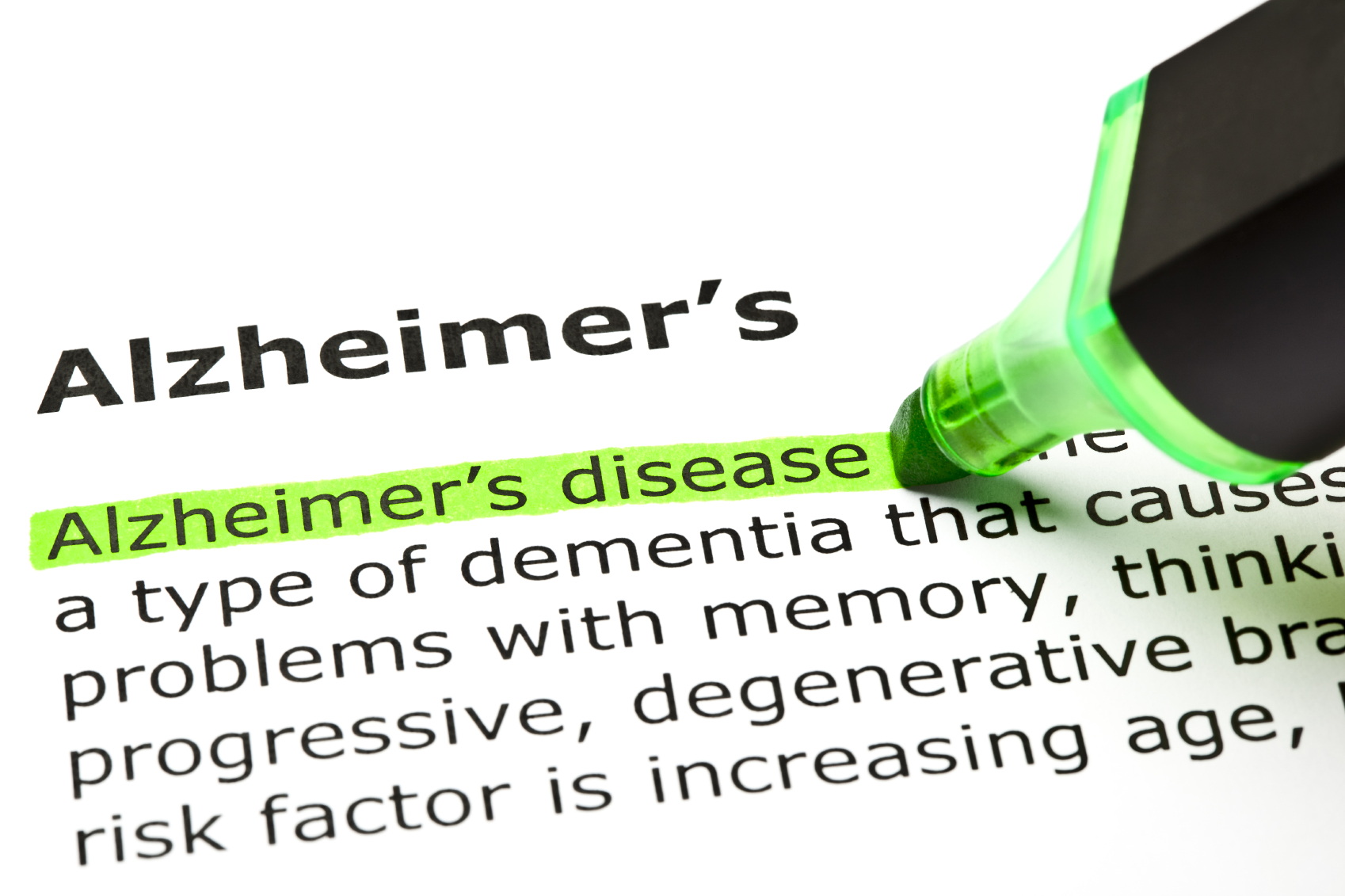Alzheimer’s disease is often thought to be synonymous with senility, but the fact is that they are actually two different things. While the symptoms may be similar, each one affects people in different ways, and will eventually result in different changes. If you are caring for someone who may be affected by senility or Alzheimer’s disease, it can be very helpful to know the difference between them.
Impaired Memory
Alzheimer’s and dementia both result in a loss of memory and ability to make decisions. In both instances, this impaired brain function can make it difficult for individuals to perform everyday activities. Even so, not all people who have dementia are also diagnosed with Alzheimer’s. Instead, Alzheimer’s disease is a unique form of senility that is caused by abnormalities in the brain. On the other hand, dementia can be caused by hormonal imbalances, a stroke or even certain medications in addition to resulting from Alzheimer’s.
Alzheimer’s progresses by causing the destruction of brain cells over time. This in turn causes an increased loss of memory and makes it difficult for patients to learn. Senile individuals are also affected by memory loss and mood swings, but this condition does not result in the loss of brain cells. As a result, this disorder may progress differently from one person to the next, and can even be effectively controlled in many instances with in home care services and other methods.
Onset of Alzheimer’s or Dementia
Senility is usually noticed more in adults over the age of 60, while Alzheimer’s can affect people of any age. In fact, many people begin exhibiting signs of Alzheimer’s disease while they are still in their 30s or 40s. While this is often the case, it is still more prevalent among senior citizens. Some early signs of Alzheimer’s include memory loss, difficulty completing ordinary tasks, confusion, difficulty communicating and decreased judgment. Early indicators of senility include becoming disoriented to time and place, misplacing things, and frequent changes in mood or behavior. Those who notice any of these symptoms should speak with a doctor in order to obtain an accurate diagnosis.
Treatment
Senility and Alzheimer’s also differ in the manner in which they are treated. Some common treatments for Alzheimer’s disease include prescription medications, nutritional therapy and hormone replacement therapy. Music and art therapy are sometimes recommended in order to help alleviate the depression that sometimes accompanies Alzheimer’s disease. Treatment for senility can depend on the reasons for its development, but can include vitamin therapy, stopping or changing medications, and treating depression. With the proper treatment, many cases of senility can be reversed. This is not the case with Alzheimer’s disease, as treatments for this condition are primarily used to help symptoms become more manageable and to slow or prevent the disease from progressing.
While senility and Alzheimer’s disease are two different things, they both affect the quality of life of those who suffer with them. Much more research needs to be done in order to find the cause of Alzheimer’s disease so that fewer people will have to suffer from it as they grow older.





